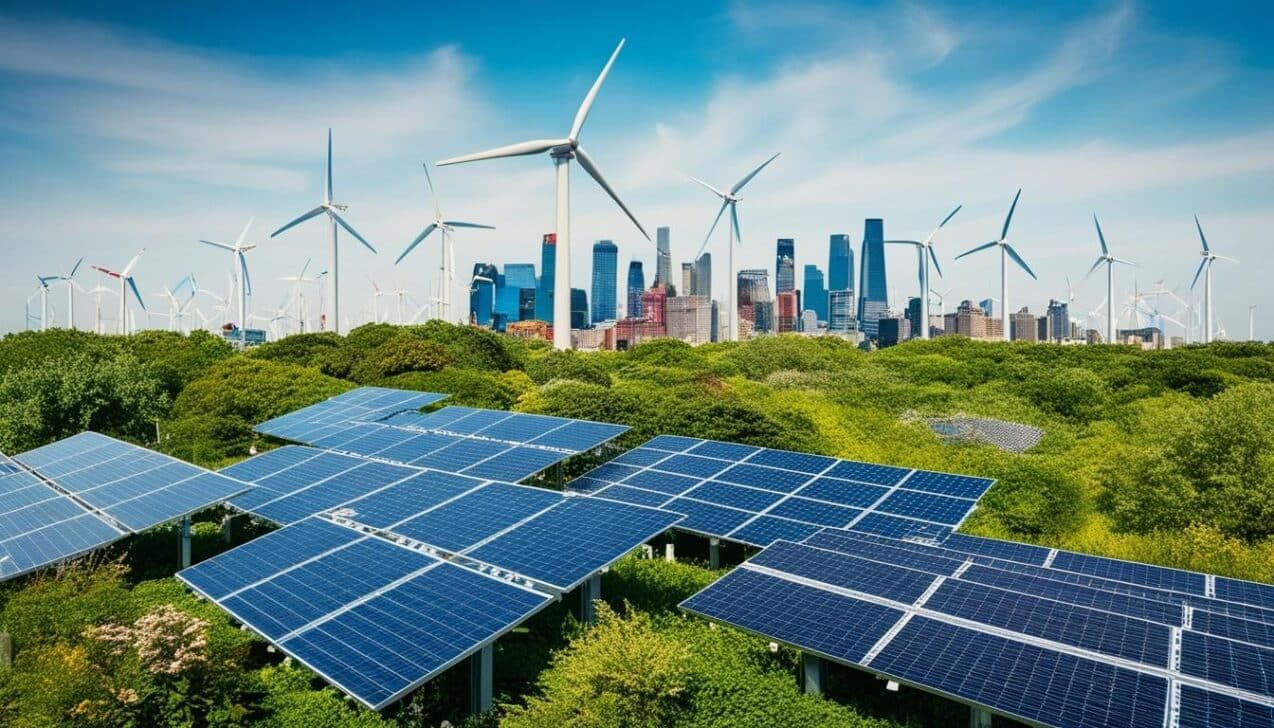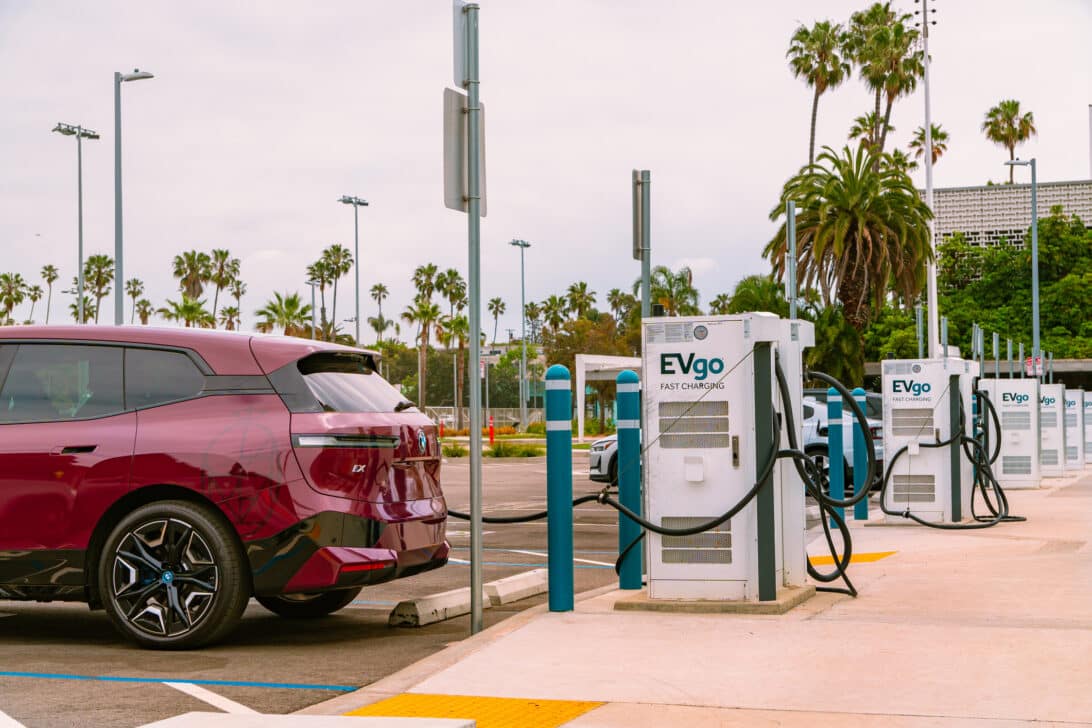Despite energy price rises kicking in across the world, most consumers are still in favour of transitioning away from fossil fuels to more climate friendly and sustainable energy sources.
A new global report from the World Economic Forum, based on data gleaned from more than 22,000 respondents by research firm Ipsos, has found that most people don’t blame climate policies for rising energy costs, but instead acknowledge that increasing market volatility and geopolitical tensions are most to blame.
Across the world, more than 8 in 10 people – some 84 per cent – still think it’s important to move away from fossil fuels over the next five years.
Vast majorities said so in every country surveyed, but with some differences. 72 per cent of Russian adults voiced their support for the shift, the lowest globally. The survey was carried out just after the start of the invasion of Ukraine, throwing the country’s economic and geopolitical reliance on oil and gas into the spotlight.
Support was also relatively low in the United States at 75 per cent, reflecting the higher than average proportion of climate sceptics amongst its population.
Citizens of emerging countries were especially adamant about the need to make the transition. For example 93 per cent of people in South Africa and Peru were favourable.

Gas prices remain lower on average than electricity, but gas – a fossil fuel – creates a lot of carbon emissions. Most consumers want to move away from oil and gas. Picture from Valerii Vtoryhin on iStockPhoto
Globally, the level of importance given to shifting away from fossil fuels was also very high across all demographic groups surveyed. Slightly more women thought it was important to move away from fossil fuels than men at 87 and 81 per cent respectively.
“The energy transition has always been about security, affordability and environmental sustainability: the so-called energy triangle,” said Roberto Bocca, Head of Shaping the Future of Energy and Materials, World Economic Forum. “The current geopolitical context makes it even more true today. This survey underlines that popular support exists for the transition to a new energy system that is more sustainable, secure and affordable.”
On average, more than half of consumers (55 per cent) across the 30 countries surveyed expect their overall spending power to be significantly impacted by energy price increases. Expectations varied widely across countries. More than two-thirds of people surveyed in South Africa (77 per cent), Japan (69 per cent), and Turkey (69 per cent) said that price rises would affect them “a great deal or fair amount”, as opposed to just over one-third in Switzerland (37 per cent) and the Netherlands (37 per cent). Views were shared across different wealth brackets, with no real difference between poorer or more affluent people.
Energy prices are forecast to remain high for the next 18 months at least, contributing to high inflation in many countries. This will increase pressure on consumer spending and saving. In the UK, there’s already evidence that people are starting to save less or eat into the savings they made during the COVID lockdowns to pay for the increased cost of living.
New data from the Office of National Statistics has found that the amount people are setting aside has dropped from 7.5 per cent to 6.8 per cent of income between the third and fourth quarters of last year. This is down from a peak of 23.9 per cent during the first pandemic lockdown.
While support for sustainable energy solutions, which can be more costly, remains very high, this may start to diminish as cost of living pressures increase across the world.
Subscribe
Sign-up to receive our newsletter





